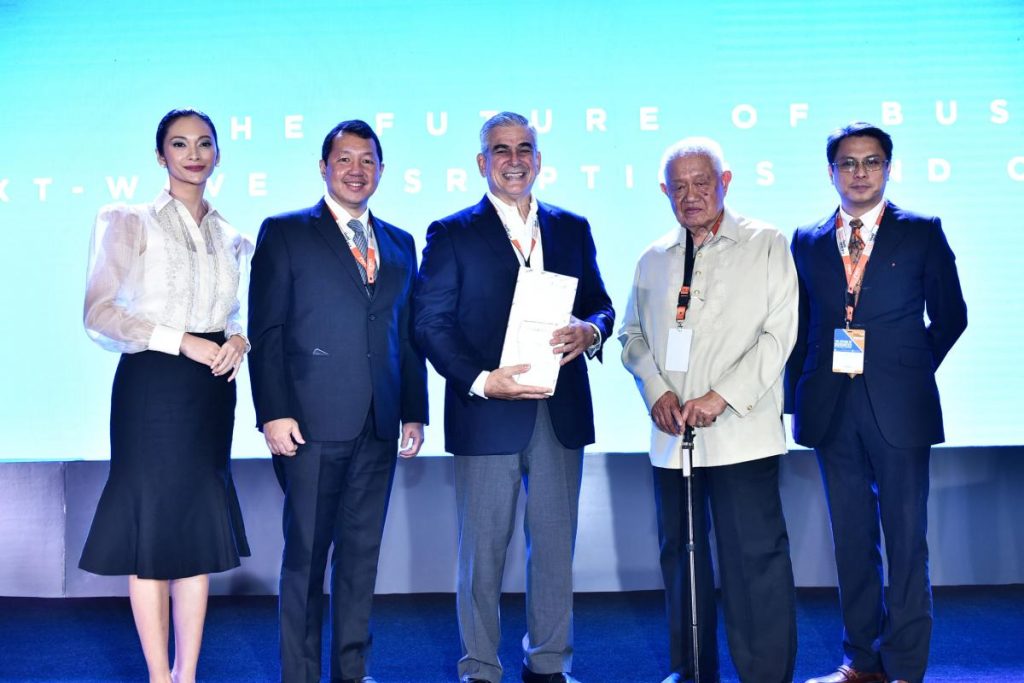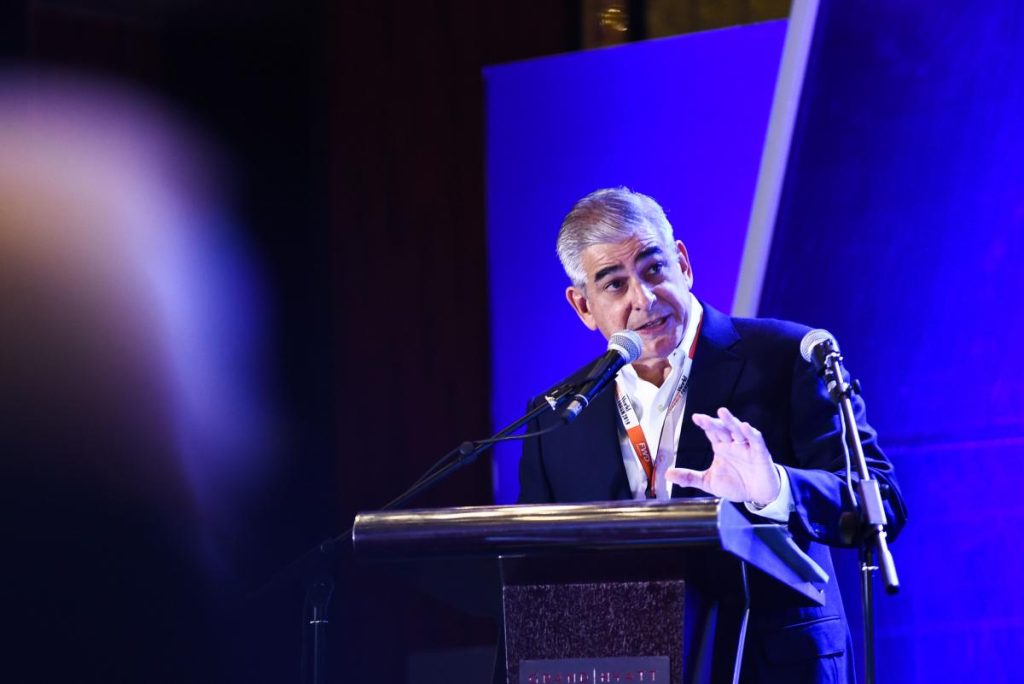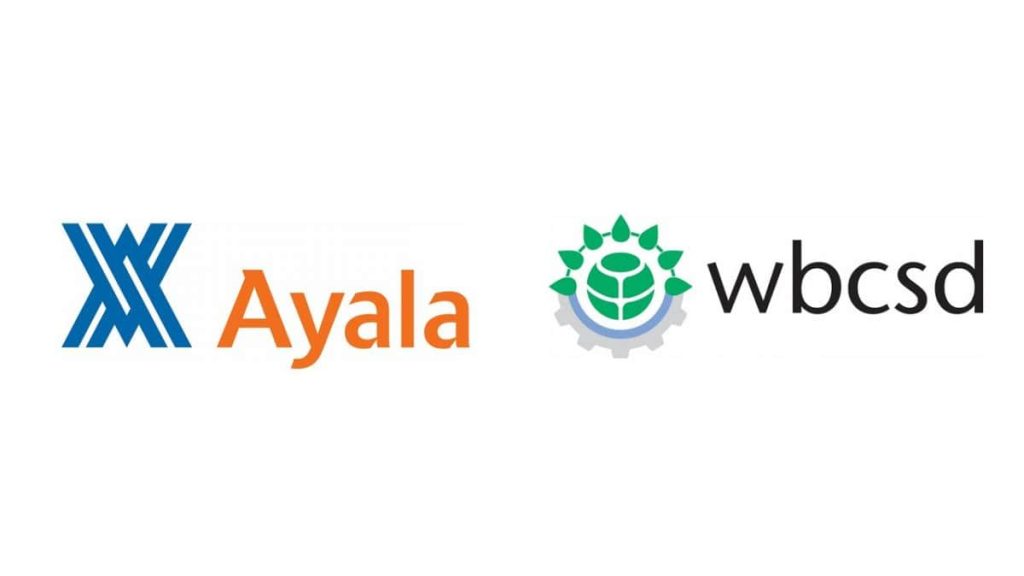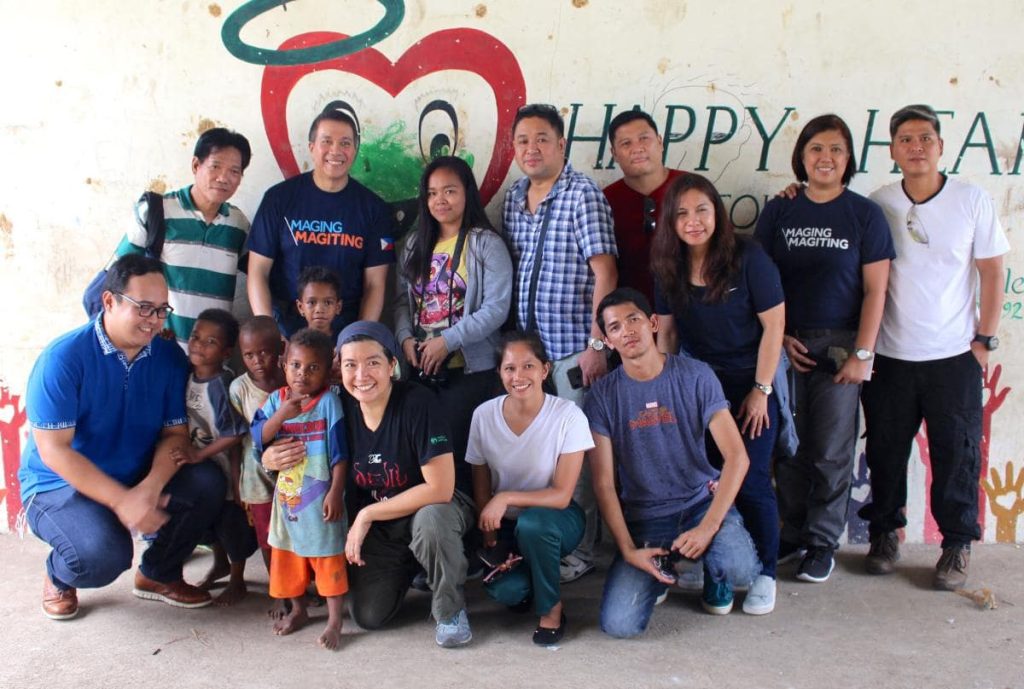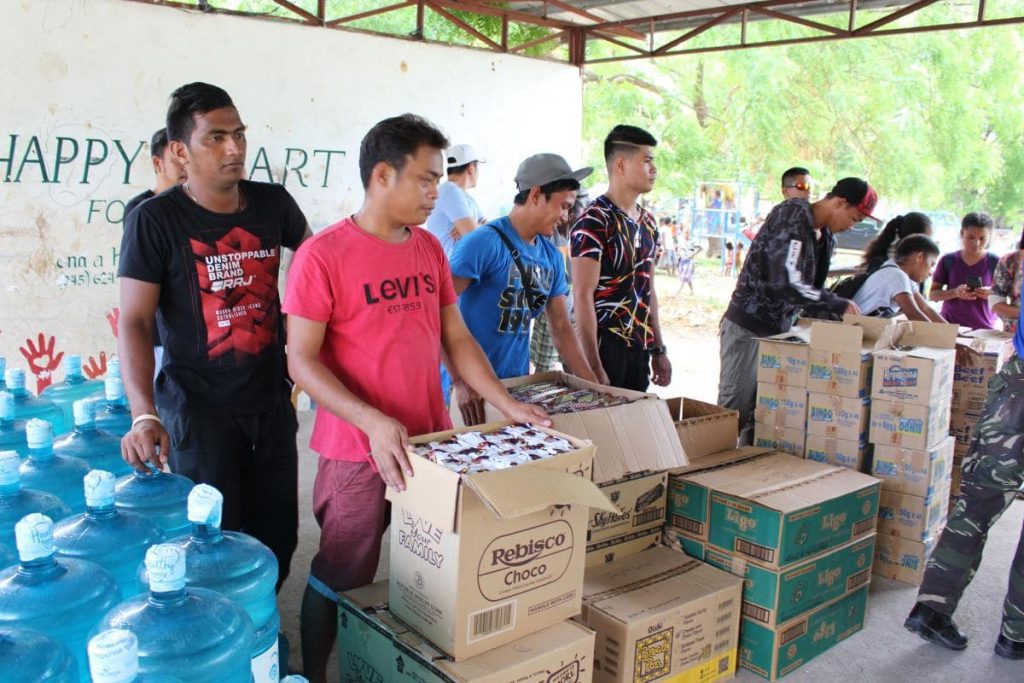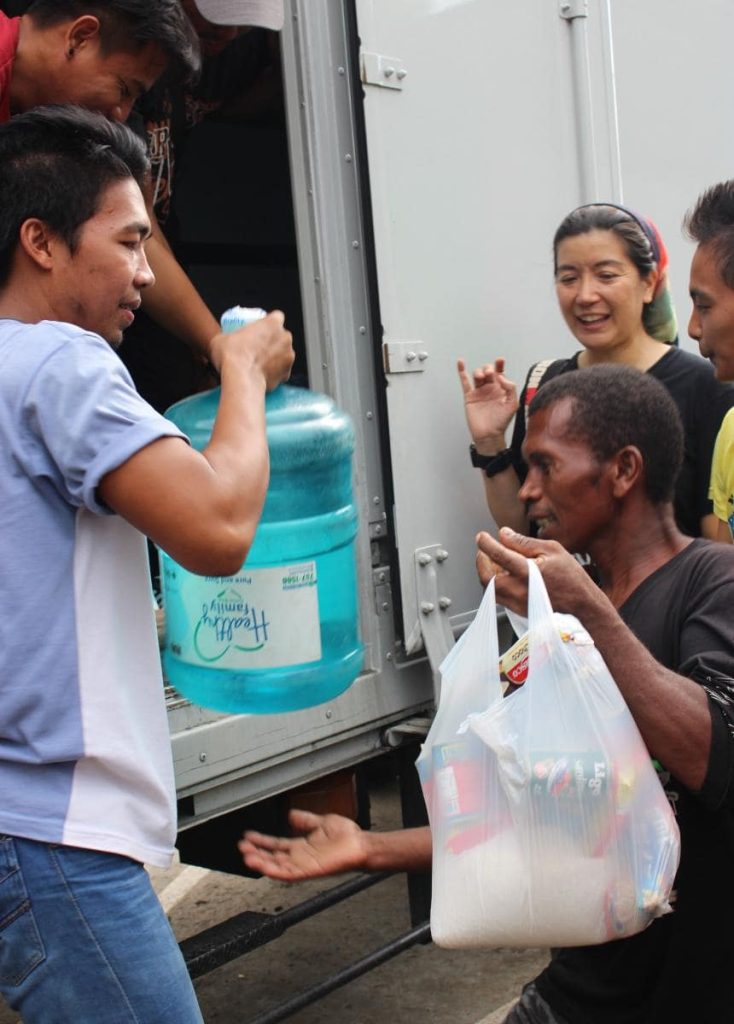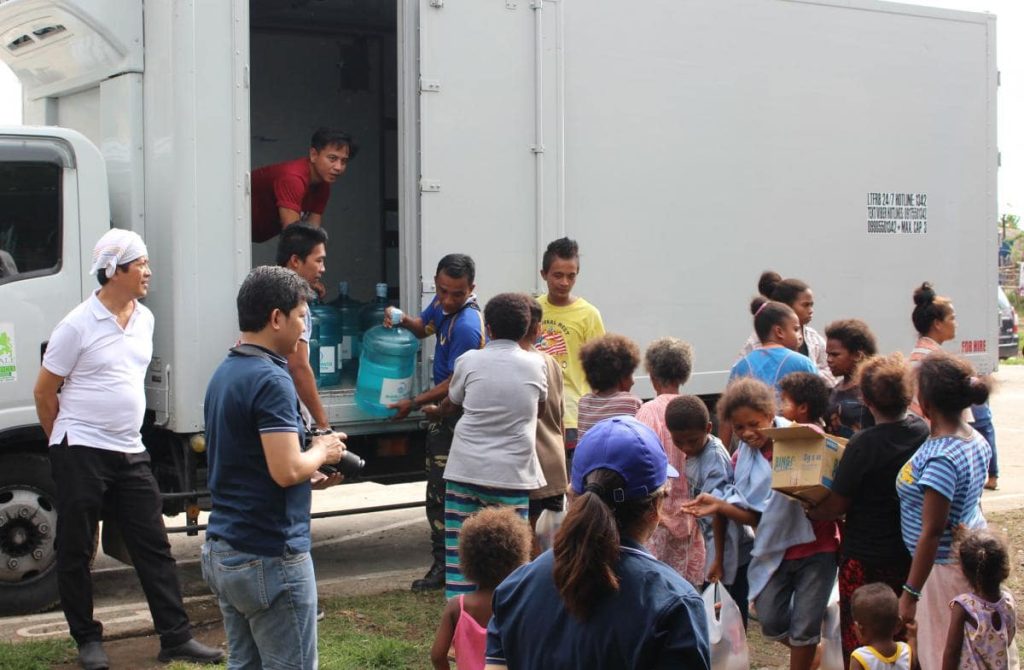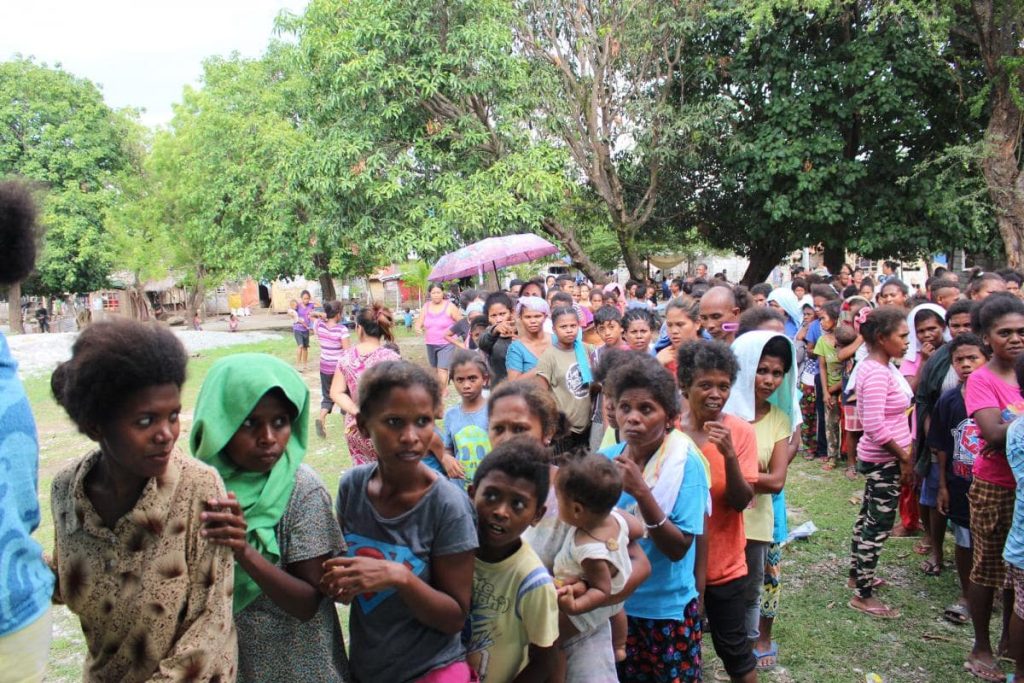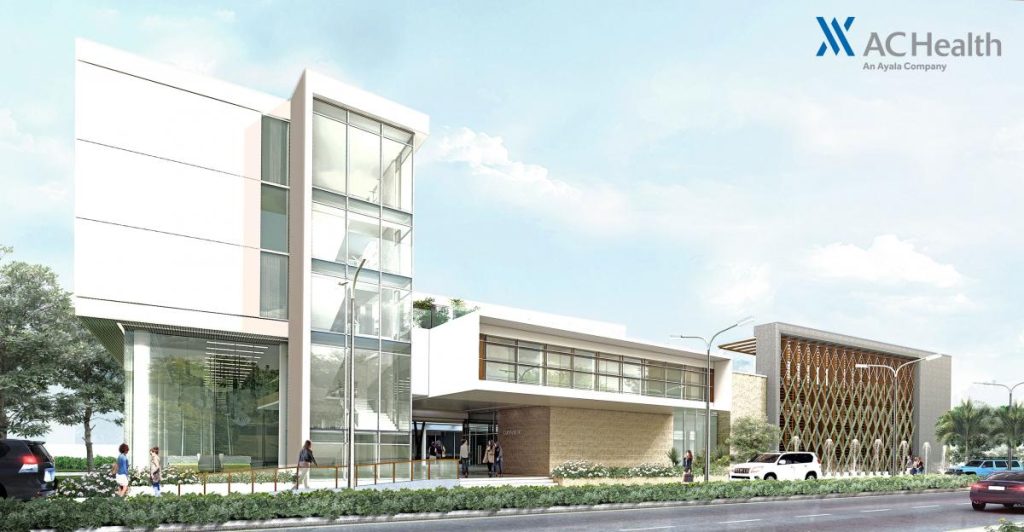Bonifacio Global City, Philippines – The Ayala group onboarded some 120 students from 15 universities nationwide at the 11th Ayala Group Summer Internship Program (AGSIP) last June 3, 2019 at the Globe Tower. AGSIP taps the best and brightest students for its annual 6-week learning program under the different companies in the Ayala group.
This year’s batch was selected among thousands of applicants who underwent a stringent screening process conducted by the Ayala Group’s Talent Network. Student applications were received online and were assessed based on academic performance, skill sets and involvement in non-scholastic programs. Only applicants in the top 15% of their respective schools made the initial cut. Those who qualified then went on to be interviewed to determine their interest in Ayala, their culture fit as well as their aspirations.
“I hope AGSIP will be of greater personal value to you—the opportunity to learn from the network you will establish with mentors and fellow students,” said Renato Jiao, Globe’s Head for Human Resources, who led the opening ceremonies.
During the internship, students are assigned project-based initiatives which have direct impact to business performance. Mentoring is also an essential part of the program where huddles with leaders from their assigned Ayala companies are scheduled for weekly guidance and coaching. Regular interaction sessions are conducted to provide opportunities to integrate learning and to facilitate networking among the participants.
According to 20-year-old Anica Sarmiento, an incoming 4th year student from the Ateneo de Manila University taking up Management Economics, “Coming into this [program], I expect to be challenged… [Ayala has] actual projects for us with specific success indicators that we need to meet. I’m excited about that… and being in a company that I actually really look up to and feel strongly about makes it even better for me.”
This year, AGSIP has set the bar even higher by launching the first Ayala Group Intern’s Innovation League (AGi2Le). It aims to give the interns the opportunity to come up with game changing ideas and pilot their innovation projects. The teams with the best ideas will be in a unique position to pitch their projects to the Ayala group before the end of their internship. Project categories may fall under New Business and Product, Technology/Systems and Processes. The winning AGi2Le team will enjoy a cash prize, an international immersion with an Ayala partner (a global tech company), and potential employment offers from within the group.
“The Ayala of today is very different from the one that existed a decade or two ago. We need to reinvent ourselves to stay relevant among our customers and [the] communities we serve. And who better to look for reinvention than from people your age? This internship gives you a chance to contribute towards our reinvigoration,” said Jaime Augusto Zobel de Ayala, Chairman and CEO of Ayala Corporation, as he welcomed AGSIP Batch 2019.
The participating interns represent UP-Diliman, Ateneo de Manila University, University of Sto. Tomas, De La Salle University, University of Asia and the Pacific Polytechnic University of the Philippines, FEU Institute of Technology, and MAPUA, among others. The very first AGi2Le awarding ceremony is set to happen on July 12, 2019.
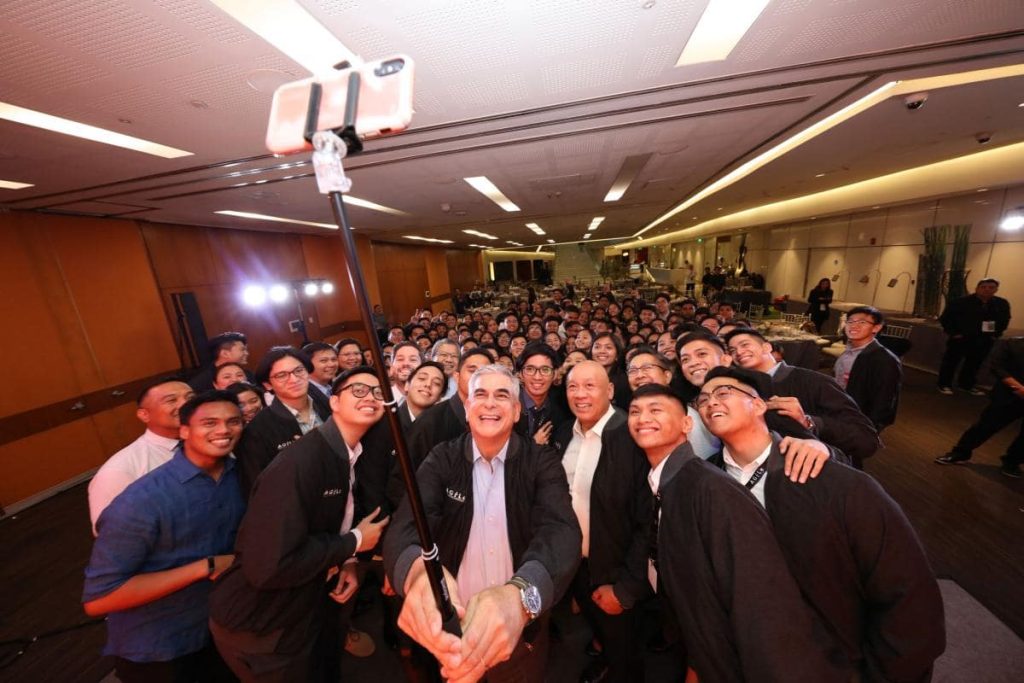
“The Ayala of today is very different from the one that existed a decade or two ago. We need to reinvent ourselves to stay relevant among our customers and [the] communities we serve. And who better to look for reinvention than from people your age? This internship gives you a chance to contribute towards our reinvigoration,” Ayala Corporation Chairman and CEO Jaime Augusto Zobel de Ayala said in his welcome remarks to the participants of the 11th Ayala Group Summer Internship Program (AGSIP). AGSIP is Ayala’s internship program that taps the best and brightest students from across 15 universities nationwide for a 6-week learning program under the different companies in the group.
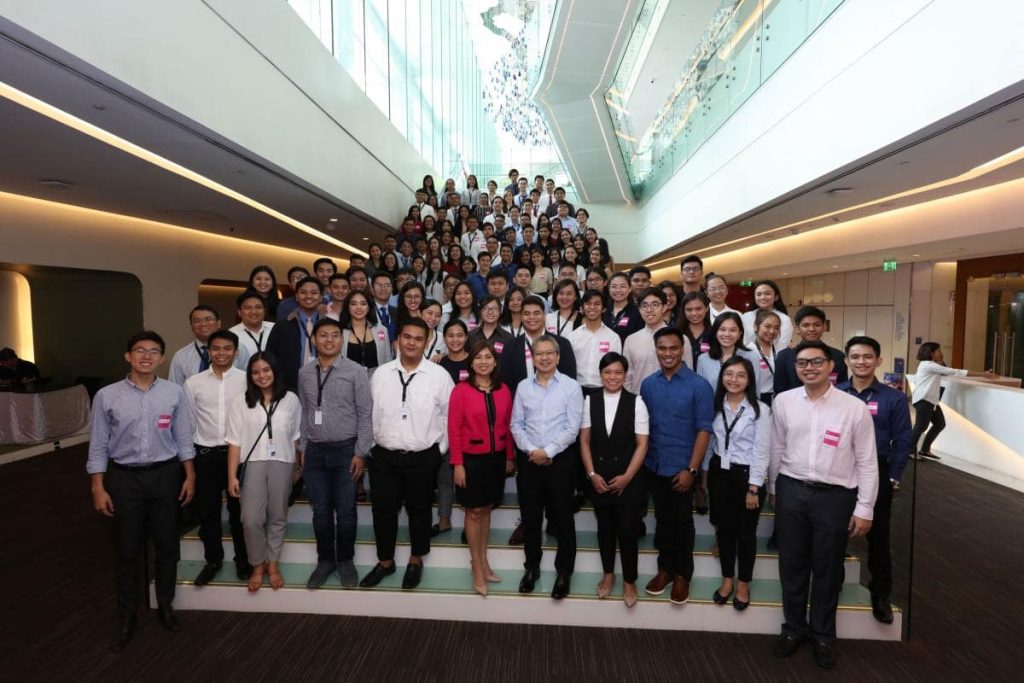
Contact Information
Ayala Corporation
May Florentino
Corporate Communications
Email: florentino.mpp@ayala.com.ph

